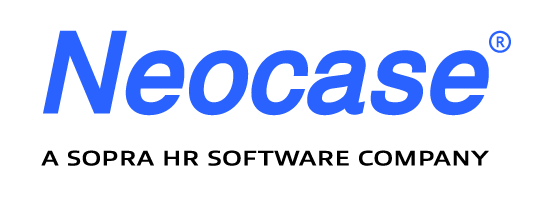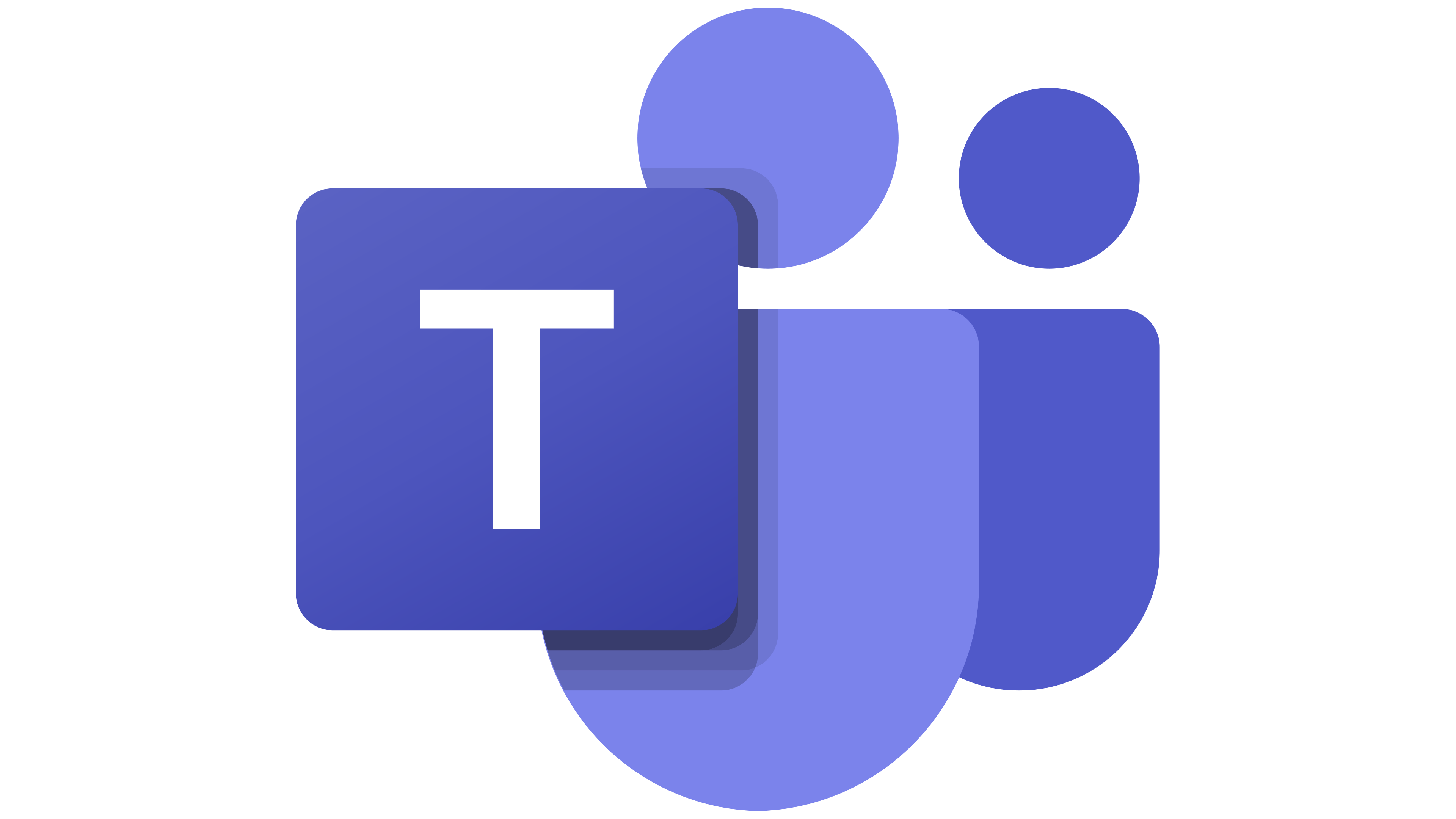A 2015 survey report from the Chartered Institute of Personnel and Development (CIPD) provides HR professionals and their organizations ‘benchmarking data on recruitment costs, resourcing and talent management practice and employee turnover.’ The new survey, the nineteenth annual, highlights several areas of focus such as the need for talent management becoming a higher priority for management, and an increased spotlight on talent development and retention.
The report refers to the ‘war for talent’ citing the facts that while ‘organizations recognize the importance for their continued survival to have the best people. At the same time the advances in technology are changing the skills that organizations need.’ Also noted is that firms recognize the need to increase resource budgets to acquire, fill and retain people in key roles all while those roles are becoming increasing difficult to fill due to lack of skills in experience as technology advances.
So how does a firm bridge the skills gap and find the professionals they need to grow the company? Continued investment and ongoing skills training of key talent is crucial, as well as identifying and establishing an ongoing ‘talent pipeline’ to fulfill future organizational requirements. Additionally, as the economy continues to improve, it will be increasingly important for firms to have effective communications and retention tools in place – in an effort to effectively manage and retain top talent. Just some of the things HR Shared Services solutions are designed for…
Effective corporate communications are critical cogs in the overall morale and productivity of a workforce. If employees don’t feel part of the firm that employees them – if it’s ‘just a job’ and they’re ambivalent about the company – they’re ripe to be pursued by another firm. As organizations grow, all too often retention efforts take a backseat to seeking and acquiring new employees. According to the CIPD survey, more than half of managers surveyed in the private sector experienced challenges retaining staff.
Aside from automating the forms and procedures used during a new employee’s onboarding process; HR shared services offer employees the tools and data they want and need to keep up with their company’s news, events, policies, procedures and benefits – all through a personalized Self-Service Portal. Accessible remotely 24/7 – this interface is a highly individualized view of their employer – providing an outlook unique to each employee – as well as an engaging and productive experience.
The two methods most commonly employed to retain employees are increased pay and increased learning and development opportunities. Interestingly though, increased pay is cited by employees to be one of the least effective retention strategies. The CIPD survey states, “The key to maintaining engagement and improving retention is understanding employees’ needs and preferences and designing a reward structure that is flexible enough to take account of these. Ongoing monitoring of engagement, reasons for leaving and the effectiveness of retention strategies is vital to ensure resources are directed most effectively.”

 Microsoft Teams
Microsoft Teams
 Workday
Workday